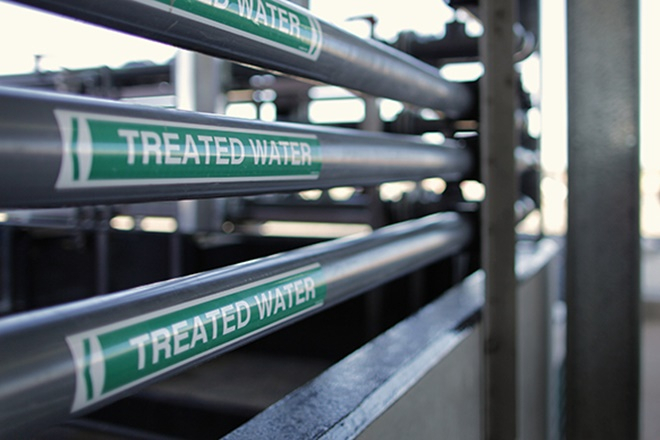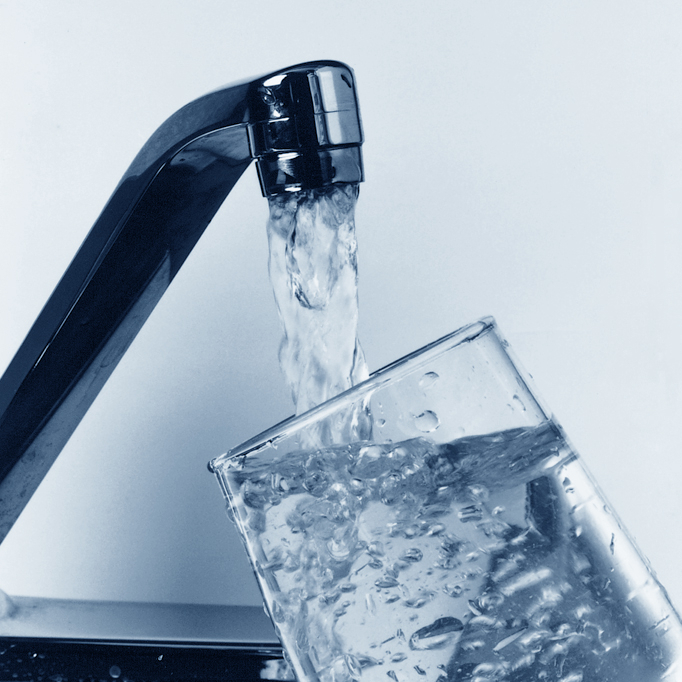Singapore is working on the possibility of sewage surveillance in which sampling of used water for viral particles will be done as an early warning system for viral outbreaks like COVID-19. The national water agency PUB director, Maurice Neo, noted that the research is in its early stages.
Help from local and overseas researchers is being taken to keep abreast of the latest global developments and research on COVID-19, he said.
Similar research was first conducted in the Netherlands by testing used water and its potential in sounding early warning alarms for outbreaks. A scientific paper pending peer review was published by the Dutch researchers from KWR Water Research Institute on pre-print site medRXiv in March.
According to their research, SARS-CoV-2 was not detected in samples collected across eight cities in the Netherlands including Amsterdam, the Hague, Utrecht and the Schiphol airport before the first case was detected on February 27. Later in March, a specific fragment of viral genetic material was found in sewage samples of six cities.
Scientists then observed waste water can become an important transmission pathway of SARS-CoV-2. There have been no reports of fecal-oral transmission of the disease, the World Health Organization noted. The Dutch researchers stated that increasing circulation of virus in population will increase the virus load into the sewer systems.
Used Water Undergoes Treatment at Water Reclamation Plants

Clinical surveillance that is currently limited to COVID-19 patients with most severe symptoms could be complemented with sewage surveillance if more research is done in this area, according to The Strait Times.
"As the research is still in its early stages, time is needed to conduct more detailed analysis and to draw useful results. More information will be provided when ready," said Singapore's National Environment Agency.
Before being recycled or discharged into the sea, used water from households undergoes treatment at water reclamation plants. To verify if the water is safe for consumption or discharged, it is tested after the treatment. PUB monitors the drinking water quality regularly to make sure it complies with standards stipulated by the government.
Is Sewage Surveillance of Limited Value?

Asit Biswas, chief executive of Third World Centre for Water Management in Mexico, said measurement instruments currently used are sensitive enough to detect drugs and disease vectors including the coronavirus in waste water. Still, this information is of limited value as it does not trace individuals who are infected and cannot be identified, he added.
Executive director of the Nanyang Environment and Water Research Institute, Shane Snyder said: "For Singapore, I believe wastewater-based epidemiology should be considered for monitoring the extent of infection in general, such as at our centralised wastewater treatment facilities, and to pinpoint new outbreaks." This could include sewage surveillance from specific housing board blocks, dormitories and condominium complexes.









